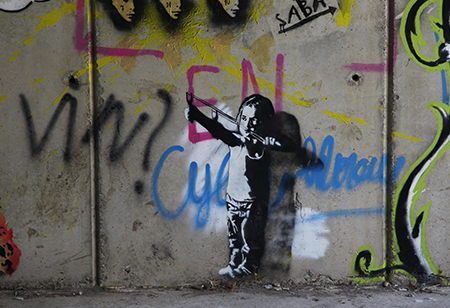Georgia makes digital switch on July 1

Georgia is switching from analogue to digital broadcasting.
Tomorrow at 10am analogue signals will be cut off and televisions will be operated by digital signals.
The digital broadcasting zone will cover Georgia’s capital Tbilisi, Sagarejo region, Kojori, Rustavi and Marneuli. Within eight to nine weeks, the digital signal will be distributed to other regions and cover all of Georgia.
The digital switch will affect people who use an antenna on top of their homes to receive broadcast signals as well as people whose television sets have no DVB-T2 standard support. These people will need a special set-top box to receive the digital signal, which retail for about 50-100 GEL.
Without a top-box, these people will no longer be able to receive a television signal.
Georgia, as a member of the International Telecommunications Union (ITU), was obliged to switch to switch to digital broadcasting, according to the 2006 Geneva Agreement (GE-06).
A decision of the ITU and the European Union (EU) stated European countries should switch from existing analogue to digital broadcasting by 2015. Georgia signed the agreement and agreed to uphold its international obligation in Geneva in 2006.
The agreement initially noted Georgia had until June 17 to make the digital switch. Georgian officials said the digitalisation process was completed and the country was ready to go digital but the natural disaster on June 13 postponed the process for two weeks.
 Tweet
Tweet  Share
Share